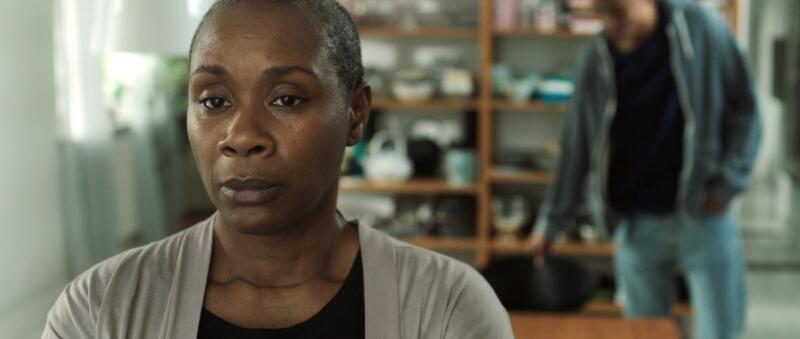
The Best of the African Diaspora International Film Festival (ADIFF) is back from Jan. 13 to 15 with a selection of some of the most popular and critically acclaimed films from ADIFF 2016. Screenings will be held at Teachers College, Columbia University.
First and foremost in the selection are the winner and runner up of the ADIFF 2016 Public Award for the Best Film Directed by a Woman of Color. The need to have an alternative voice is the aim of award winner Zeinabu Irene Davis’ “Spirits of Rebellion, Black Cinema from UCLA,” a documentary that tells the story of a small group of critically acclaimed, but relatively unknown black filmmakers who wanted to change the black film narrative in the USA. Runner up “Everything But a Man” by Nngest Likké is an entertaining and thought provoking romantic comedy about a career woman who is sexy, smart, successful… and still single.
The Best of ADIFF will showcase the life of the African and African descendant in three films coming from European countries with a strong colonial past. The countries are: Spain, France and the UK. Two of the films are in the narrative category and the other is a very strong documentary.
The presence of African/Black people in Europe is quite old. However, many European countries have little information on that fact. “Gurumbé: Afro-Andalusian Memories” by M. Angel Rosales is a non-fiction film that researches how Africans who were brought as slaves and remained in Andalusia and Cadiz contributed to the musical expression known as flamenco. This is a rare film about Africans in Europe before the XIX century.
In the 70’s the French government launched a campaign to fulfill the menial labor needs in France with French people from their overseas territories. Men and women from Martinique, Guadeloupe and Guyana were brought to France under the false pretense of career opportunities to work in lower-level jobs the French people would not accept.
ADIFF 2016’s very popular Centerpiece action drama “The Gang of the French Caribbean” by Jean-Claude Barny is a film about four men whose revolt consisted of holding up Post Offices as they had decided not to engage in the type of menial jobs assigned to them by the government.
Post-war UK experienced a massive arrival of people from Africa and the Caribbean, known as the Windrush. This massive presence of black people gave the nation a new flavor. Windrush Black filmmakers commented on their new world with stories about immigration, race relations and identity. With his romantic drama “Naked Poet,” Jason Barrett, who is a second generation descendant of that moment in UK history, directed a film that goes into a more universal theme: love relations in contemporary societies, this time in Black London.
Other films in The Best of ADIFF include “Death By A Thousand Cuts” by Jake Kheel and Juan Mejia Botero, a powerful documentary that takes the viewer to the ongoing conflict at the Haitian-Dominican border; The Afro-Latino Program with three films: Brazilian short “Jarusa’s Day” by Viviane Ferreira, US production “Invisible Roots: Afro-Mexicans In Southern California” by Tiffany Walton and “Dialog with My Grandmother” by award winning Afro-Cuban filmmaker Gloria Rolando.
The Spotlight on Nigeria program selection “93 Days” by Steve Gukas is a thriller featuring Danny Glover leading a team of doctors fighting a potential Ebola outbreak in Nigeria; and ADIFF Gala film “While We Live” by Sweden-based Burkinabe filmmaker Dani Kouyaté, is an entertaining and thoughtful family drama that travels between Sweden and Gambia to explore issues of family dynamics and identity.
For more information about the Best of the African Diaspora International Film Festival, visit the festival web site: www.nyadiff.org.
Described by film critic Armond White as “a festival that symbolizes diaspora as more than just anthropology,” ADIFF has managed to increase the presence of independent Afrocentric films from all over the world in the general American specialty movie scene by launching films such as “The Tracker” by Rolf de Heer (Australia), “Kirikou and the Sorceress” by Michel Ocelot (France), “Gospel Hill” by Giancarlo Esposito (USA), “Darrat”/”Dry Season” by Mahamat-Saleh Haroun (Chad), “The First Rasta” by Helene Lee (France/Jamaica), “The Story of Lovers Rock” by Menelik Shabazz (UK), “Scheherazade, Tell Me a Story” by Yousry Nasrallah (Egypt), and “The Pirogue” by Moussa Touré among others.
